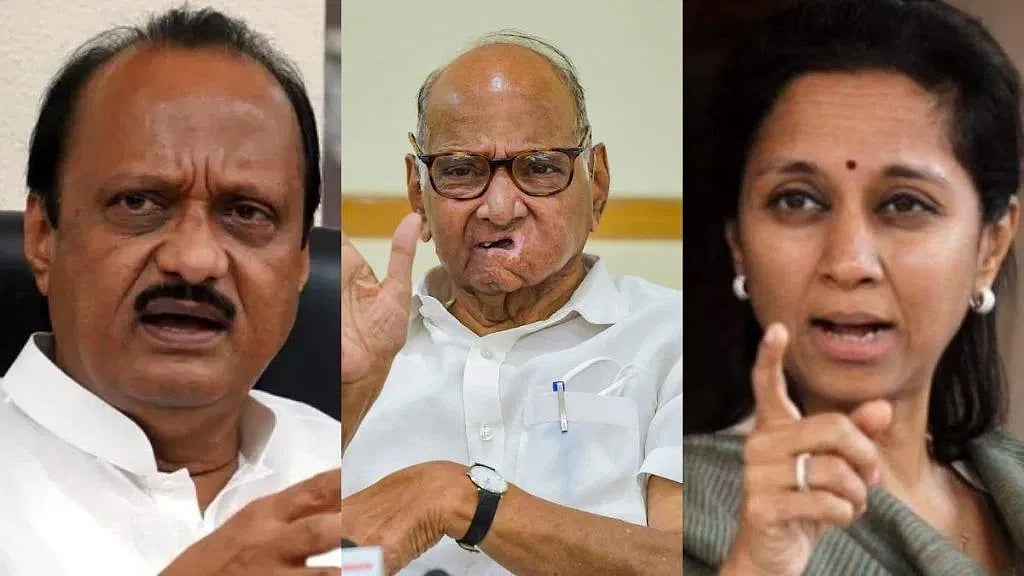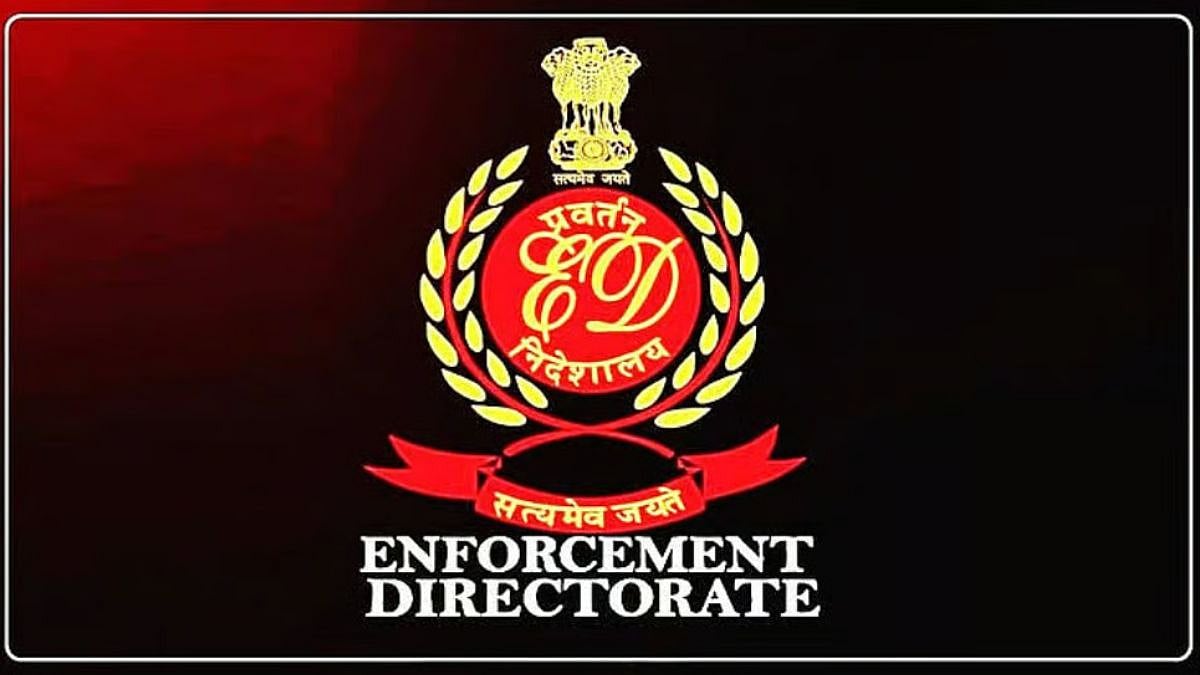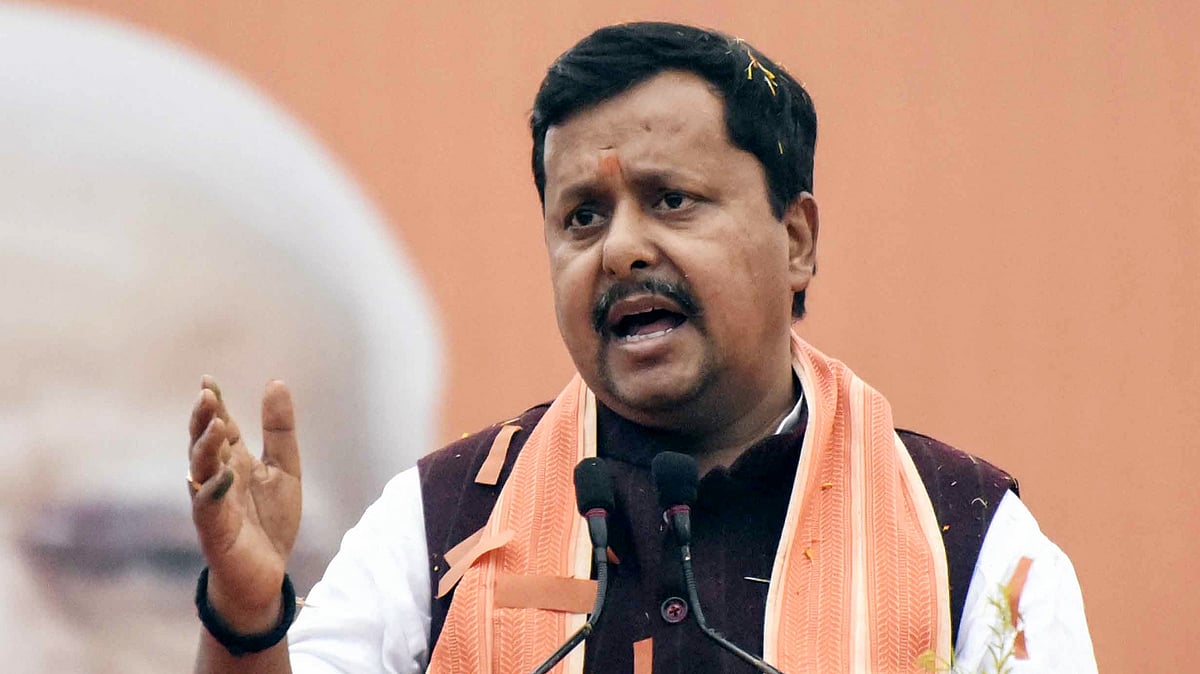The Bombay High Court has ruled that an Aadhaar card, PAN card or voter’s identity card cannot be considered proof of a person’s nationality. This is not a mere technicality but a reaffirmation of a basic legal principle: no forged or fake document has legal validity and, therefore, cannot be relied upon to prove name, age, residence, land ownership or, most crucially, citizenship.
The case in question is unusual. A Mumbai resident, now in police custody for allegedly staying in India illegally, has produced all the above documents, besides a passport, to claim that he is an Indian national. The police, however, maintain that he is a Bangladeshi citizen who crossed the border unlawfully and has been living in Mumbai for over a decade without any legal authorisation whatsoever.
The burden now lies on the police to prove that these documents are forged. The High Court, concurring with the police’s apprehension that the man could abscond—even from the country—denied him bail. Yet, as of now, the police are still investigating whether the documents are genuine or fabricated beyond doubt.
India’s citizenship law, enacted soon after the country became a republic, clearly defines the conditions for acquiring citizenship by birth or naturalisation. Passed in the wake of Partition, the law was meant to deal with the plight of those rendered stateless overnight. In any democracy, citizenship carries both rights and duties, and the state retains the authority to place reasonable restrictions.
In the United States, a nation of immigrants, only a person born on American soil can aspire to the presidency—naturalised citizens are barred from that office. This underscores that while documentation may grant access to certain services, it is not equivalent to nationality or a guarantee of legal belonging.
An Aadhaar card may entitle a child in a government school to a mid-day meal, or a ration card may allow a family to buy subsidised food grains and other materials. But if such documents are obtained through fraudulent means, they not only lose their value but also constitute a criminal offence. When Aadhaar was launched, it was advertised as the “poor man’s passport” and a secure, duplication-proof identity card.
The Mumbai case challenges that promise. How did the accused obtain multiple official documents if he was indeed ineligible, as the police claim? Who facilitated the process? And how did the ultimate proof of citizenship—a passport—land in his possession without raising any suspicion?

If this case results in fixing accountability for these lapses and in creating safeguards to prevent future misuse, it will have served a greater purpose than simply deciding the fate of one man. For in the end, a nation’s security rests not in the cards its people carry, but in the integrity of the system that issues them.



.webp)





